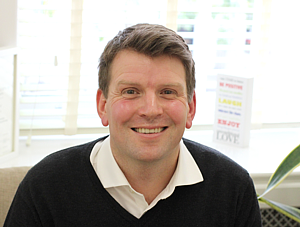 by Andrew Bennett, National Clinical Director for Musculoskeletal Conditions NHS England and NHS Improvement
by Andrew Bennett, National Clinical Director for Musculoskeletal Conditions NHS England and NHS Improvement
It’s been a year since I was fortunate to attend the annual ARMA lecture at the canal museum in London and enjoyed a fantastic talk by Brendan Stubbs about physical activity and mental health. New to the role of National Clinical Director for MSK, this was the first time I met Sue Brown the CEO of ARMA, as well as number of other colleagues from the MSK world.…
Read more of this article





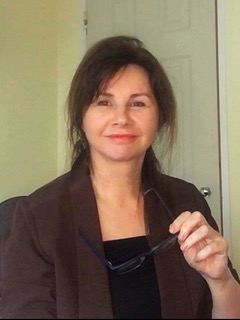 By Jane Green – advocate ex Assist. Headteacher, BSc (HONS) Psych., PGCE QTS, Adv.Dip.Ed.(CD), MA Ed. (Leadership and Management), Social Care Institute for Excellence Trustee and on the co-production steering board for four years
By Jane Green – advocate ex Assist. Headteacher, BSc (HONS) Psych., PGCE QTS, Adv.Dip.Ed.(CD), MA Ed. (Leadership and Management), Social Care Institute for Excellence Trustee and on the co-production steering board for four years
 by Victoria Wells, a personal reflection about a new play with a theme of dancing for health – how a work of theatrical art relates to my experience of joint replacement surgery, pre-operative rehab, post-op rehabilitation and a lifetime of dancing.
by Victoria Wells, a personal reflection about a new play with a theme of dancing for health – how a work of theatrical art relates to my experience of joint replacement surgery, pre-operative rehab, post-op rehabilitation and a lifetime of dancing.
 Power to the people: Coproducing the National Musculoskeletal Strategy
Power to the people: Coproducing the National Musculoskeletal Strategy

 by Greta McLachlan, Fellow at the Strategic planning and development cell, NHS England and Improvement, part of the Change Challenge Collaborative.
by Greta McLachlan, Fellow at the Strategic planning and development cell, NHS England and Improvement, part of the Change Challenge Collaborative.
 Guest blog by Nina Davies, Project Lead: Integrating Long Term Condition Training and Development, Leeds Community Healthcare NHS Trust; Co-Chair Children’s Podiatry Special Advisory Group, The College of Podiatry
Guest blog by Nina Davies, Project Lead: Integrating Long Term Condition Training and Development, Leeds Community Healthcare NHS Trust; Co-Chair Children’s Podiatry Special Advisory Group, The College of Podiatry

 Guest blog by
Guest blog by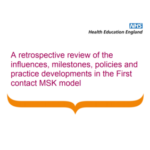
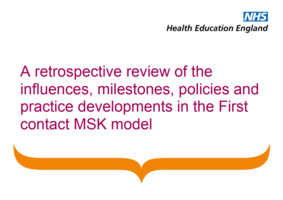
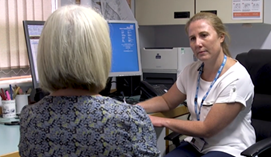 MSK First Contact Practitioner roles; are they fit for the future for Primary Care?
MSK First Contact Practitioner roles; are they fit for the future for Primary Care?
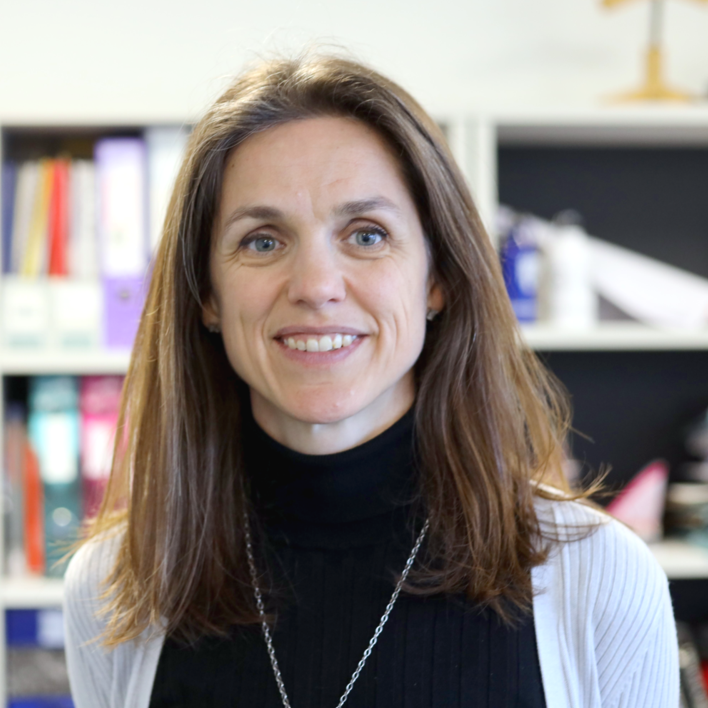 By Dr Helen Branthwaite, MSK Project Lead, College of Podiatry.
By Dr Helen Branthwaite, MSK Project Lead, College of Podiatry.